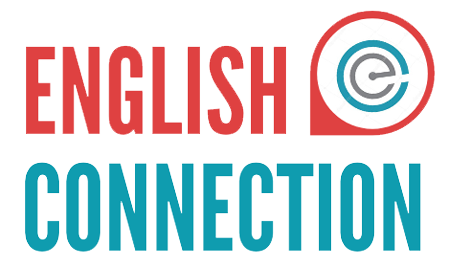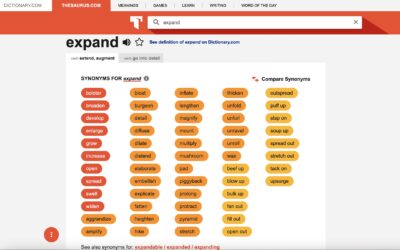
Are you having trouble with your meetings in English? Do you often feel like you’re just an observer?
Maybe you don’t participate as much as you’d like because you’re not sure to understand, or the native speakers dominate the discussion, or you’re afraid of making a lot of mistakes.
In this post I’ll share with you THE tool for easier meetings in English.
The agenda
The agenda is the list of topics you’ll discuss in your meetings and conference calls. And it will make your meetings in English a lot easier.
Please don’t confuse the agenda with a diary, these are false friends in relation to certain languages. A diary is a book with a calendar and dated pages where you record your appointments, among other things.
An agenda should be more than just a list of topics. To really make a difference, it should be very detailed:
Include the names of all the participants.
Include the list of topics that will be discussed and make sure they’re in order.
Also, indicate the name of the person responsible for leading each discussion.
Finally, put time limits for each subject of discussion. Sound like a lot of work?
Why It’s Worth The Time And Effort
Seeing the names of all the participants helps you to match voices to speakers, especially on a conference call. And if you can see the name, you can more easily associate a specific voice with it during the discussions.
Listing all topics in order helps you follow the discussions more easily.
If you know the subject already you can concentrate on understanding the message. You’re not trying to figure out what everyone is talking about. If you know in advance who will lead specific discussions, you can contact them with questions or to tell them in advance you have something to contribute. It will be easier to participate, because they can ask you if you want to intervene.
Time limits prevent meetings from becoming endless discussions, and they also distribute the talking time more equally. If Ethan, who’s the most outspoken, knows that there are only 15 minutes to discuss your project, he’ll probably shut up and let participants like you say something.
Since you’ll have more opportunities to speak, you should also use the agenda to prepare your intervention. Preparing will help you feel more confident and organised, and you’ll speak better.
To Recap
For easier meetings in English, make sure you have a detailed agenda.
Include participants’ names, topics of discussion in order, the person leading each discussion, and time limits.
You’ll save time and energy in your meetings and you’ll understand more.
Here’s an English Connection action step for this week: if you lead meetings, send a detailed agenda to participants.
If you don’t lead, ask the organiser to provide a detailed agenda or volunteer to create it. You’ll see how much of a difference it really makes.
Then come back and tell us about your conference call in the comments section below.
Remember the best way to master your English and master your career is to work regularly on your English communication skills.
Sign up for the English BiteSize News and you’ll get one tip every week delivered directly to your inbox.
Even if you don’t have a lot of time in your busy schedule, I’ll make sure that you improve the way you work in English a little each week.
Go ahead and sign up for English BiteSize updates.






0 Comments